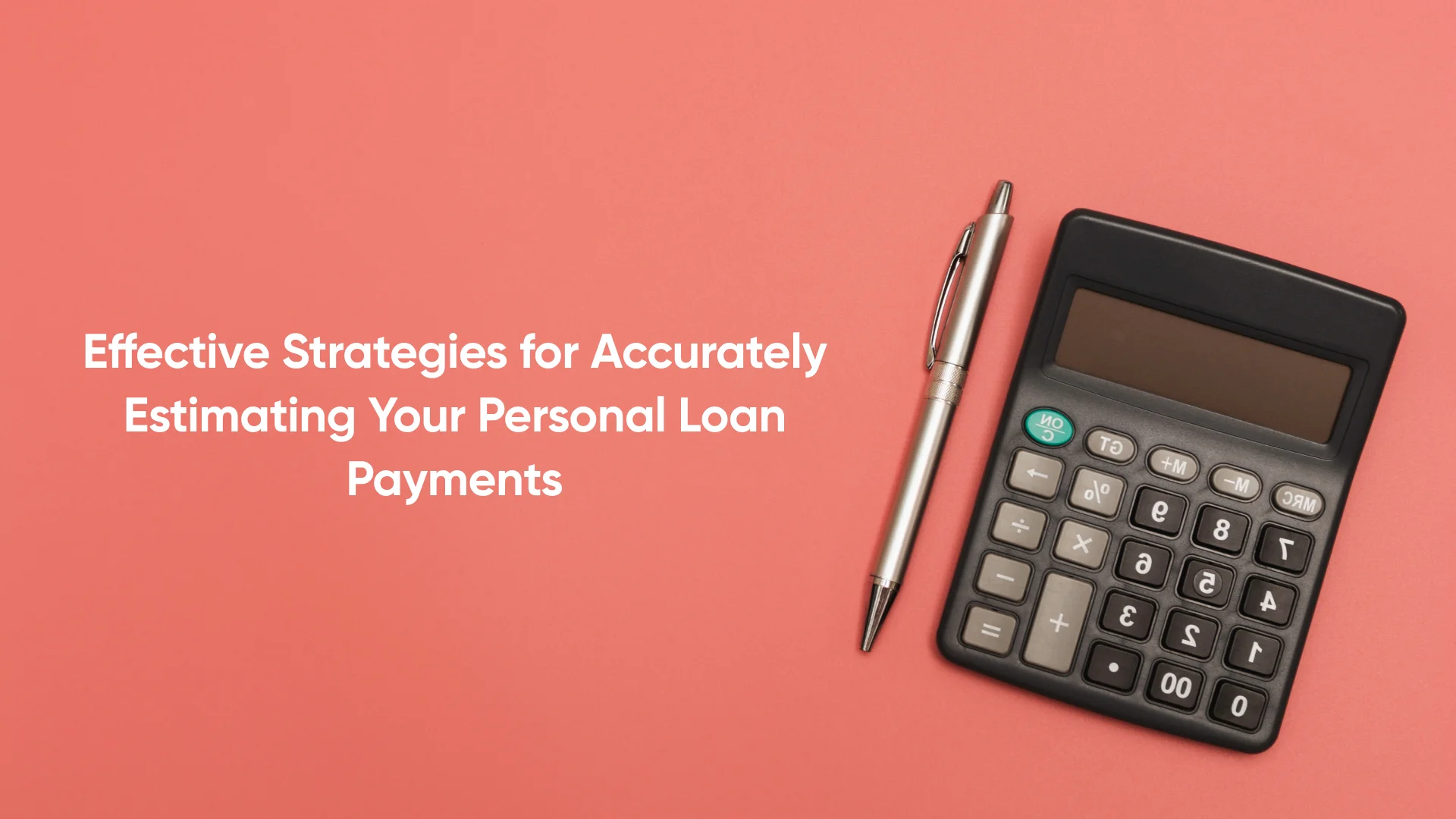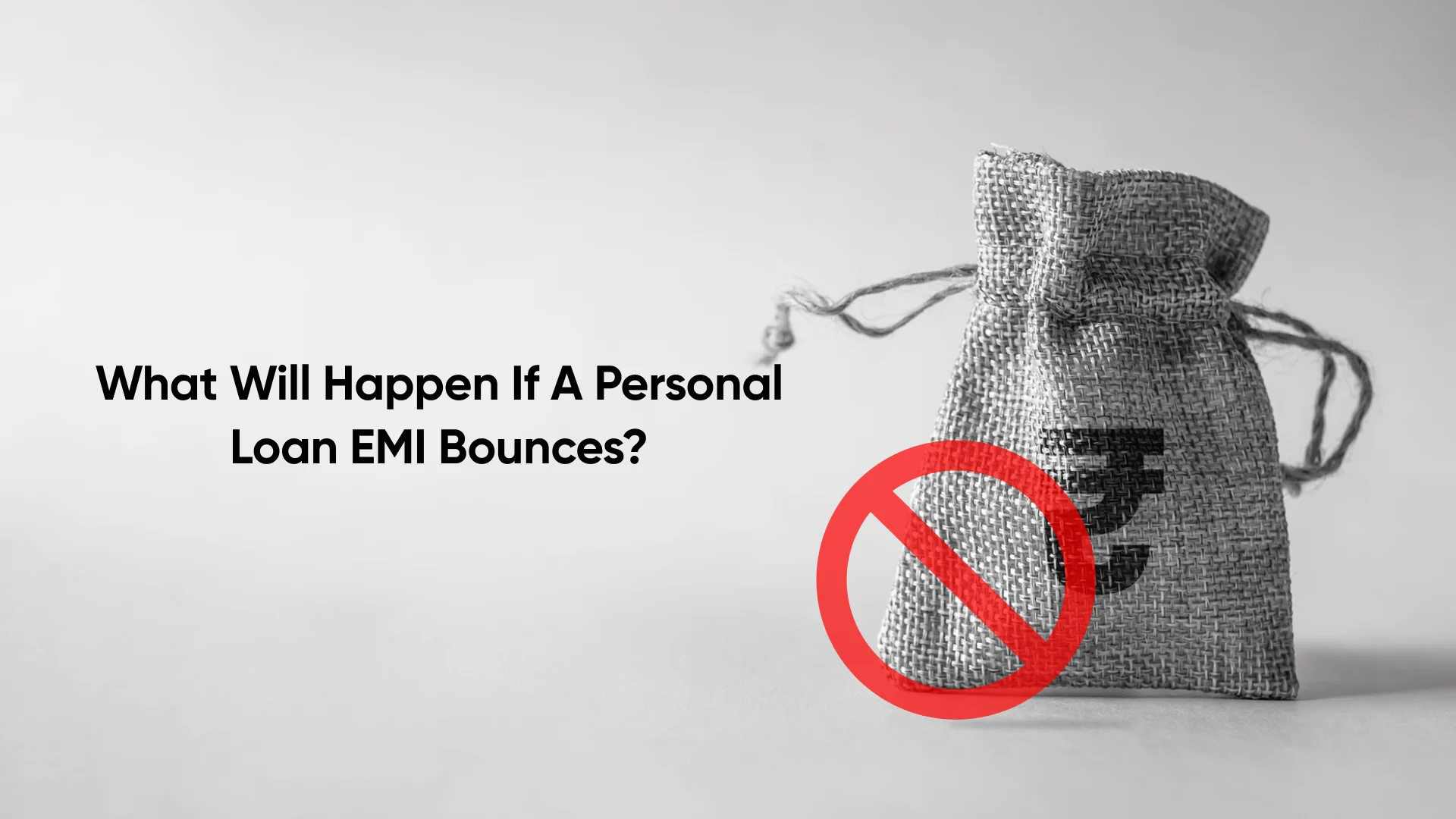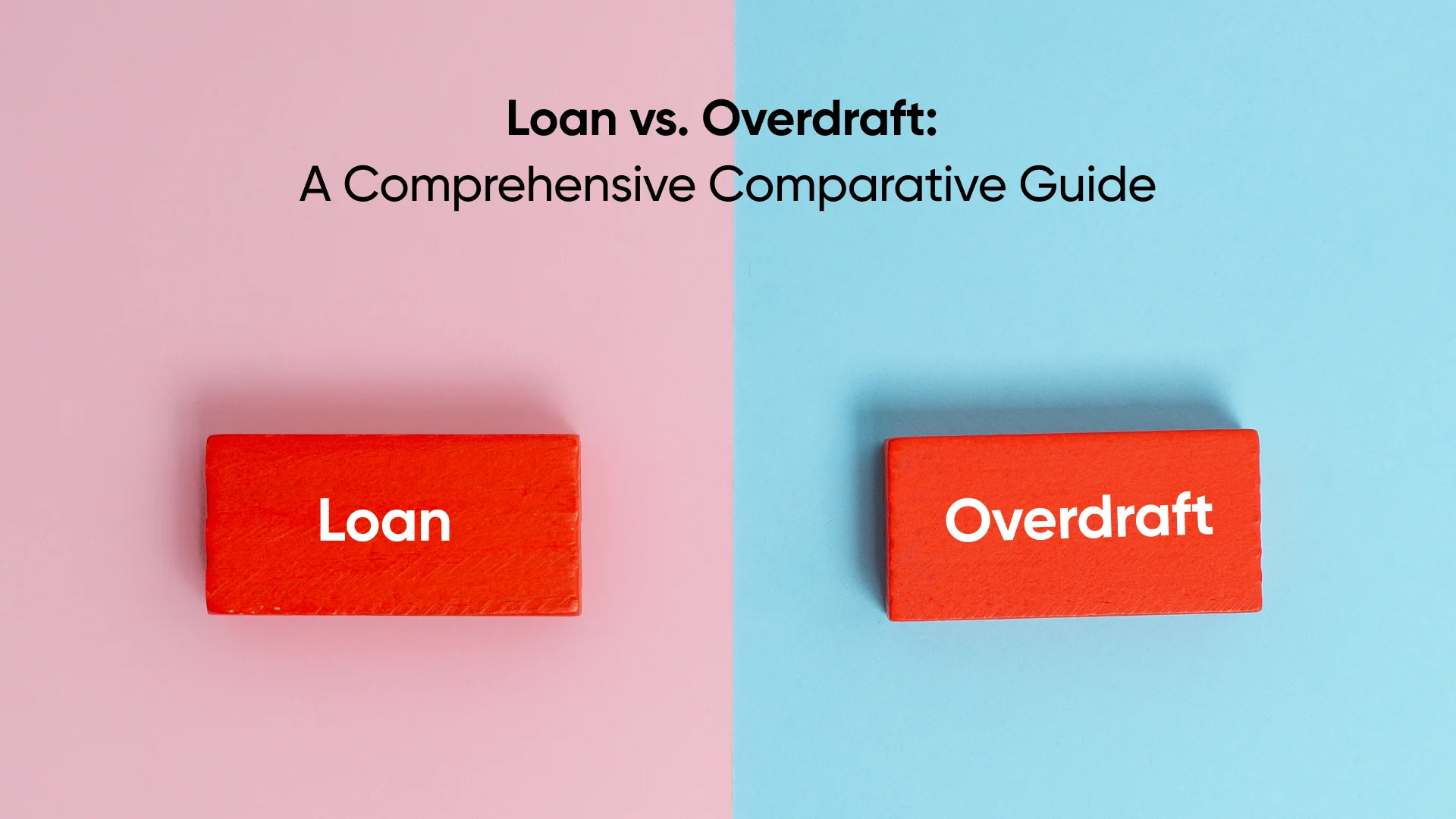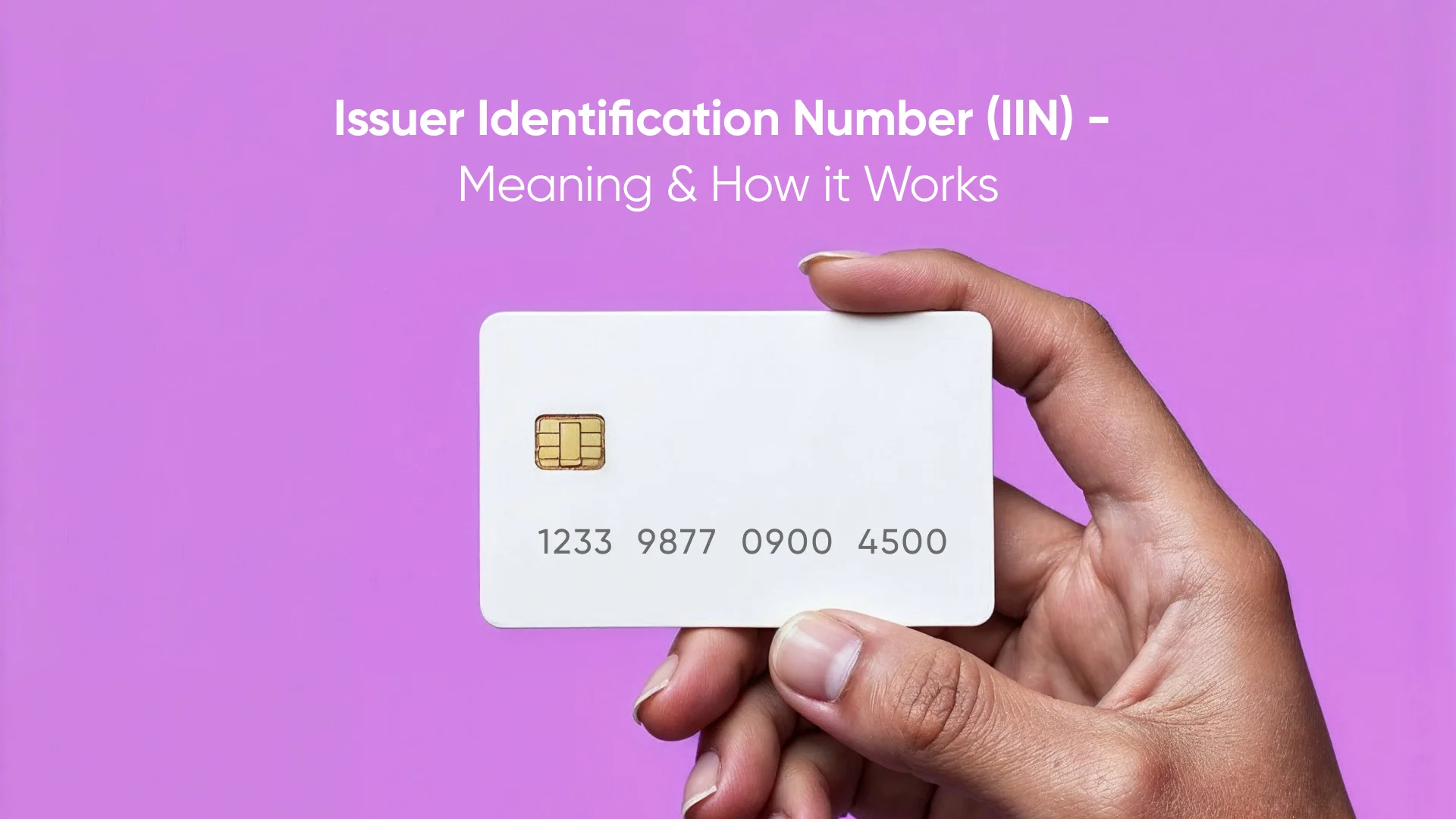What Is a Bad Credit Score and How Does It Affect You?

A credit score is a key factor in determining your financial health. It impacts loan application, credit approval, rent and, even your job acceptance in some cases. So, what happens when you have a bad credit score?
It is imperative to understand what factors contribute to a bad credit score and take measures to improve it.
In this blog, we will explore what defines a bad credit score, the challenges it can create, and practical measurable steps one can take to improve credit score.
Table of Contents
ToggleWhat Is Considered a Bad Credit Score?
A bad credit score is usually a score within the range of 300 to 599 on the CIBIL scale. It implies that the individual has a very low CIBIL score due to bad credit decisions like late payments, missed EMIs or other credit defaults.
If one has a bad credit score, they may face loan rejections, high interest rates and difficulty renting or buying a property. One’s payment history, existing debt, credit utilization, length of credit history, and new credit inquiries all contribute to one’s credit score.
Factors That Lead to a Bad Credit Score
These are some of the reasons for low CIBIL scores:
Inconsistent Payments: Your payment history is one of the biggest reasons for any change in your credit score. If you miss EMI payments or make late payments, that negatively affects your credit score. As per a CIBIL report, even a 30-day delay in payments can lower your credit score by 100 points.
High Credit Utilization: It is important to utilize up to 30% of your credit limit. High credit utilization implies to the lender that you are in dire need of funds. If you utilize more than 50% of your credit limit, it negatively impacts your credit score.
Outstanding Debt: You must clear any existing debts. Having any outstanding debt impacts lowers your credit score.
Paying Minimum Due: The minimum amount due is paying only a portion of the outstanding amount. Consistently paying only the minimum amount can lead to debt traps, as you still have to pay interest on the outstanding amount.
Multiple Credit Applications: When you apply for multiple loans or credit simultaneously, lenders check your credit history leading to a hard enquiry. The hard enquiry impacts your credit score and lowers it.
Also Read: Zero or Negative Credit Score: What It Means and Its Impact
How a Bad Credit Score Can Affect You
Improving your score can open doors to better financial opportunities. Here’s how a bad credit score can affect you:
Loan Rejection: Having a bad credit score makes it much more difficult for you to get a loan. Lenders may directly reject your loan application upon checking your credit score, as a bad credit score implies a high-risk borrower.
Affects Renting: A poor CIBIL score may make your renting options limited. Landlords may not want to rent their properties as they may doubt if you will be able to make monthly rent payments.
Loan is expensive: Even if you do find a lender willing to give you loans, it will have stricter terms. They may offer loans at a high-interest rate for a short loan tenure.
May affect employment: Some employers, especially for those at the senior level or those related to the finance sector, may check your credit score. If you have a history of missed payments and a bad credit score, they may not go ahead with hiring
Impact on Loan of Bad Credit Score
Struggles with Loan Approval: Obtaining a personal loan approval can be challenging, especially for individuals with a poor credit score. Lenders often hesitate to approve loans for those with low credit ratings. Many lenders also enforce a minimum credit score requirement, and failing to meet this threshold typically results in an automatic rejection of the loan application.
Higher Interest Rates: Even if a lender does approve your loan, they may offer it at a high interest rate. This increases the overall cost of the loan, making it expensive to avail yourself of a loan.
Limited Loan Amount: Lenders often limit loan amounts for individuals with bad CIBIL scores, as approving a larger loan poses a significant risk. They may doubt the borrower’s ability to repay the loan on time, thus offering only a limited loan amount.
Shorter Loan Terms: The loan tenure may be shorter for borrowers with bad credit, as there is more likelihood of more defaults.
Collateral Required: Few lenders may require collateral against the loan for added security. They may ask that you submit an asset like a car or house, to approve a loan for individuals with a bad credit score.
More Processing Fees: Lenders may charge higher processing fees for loans to individuals with bad credit scores.
Also Read: 8 Reasons for Loan Application Rejection You Should Know
Steps to Improve a Bad Credit Score
Bad credit scores can be improved. It may take a couple of months to a year to improve it, but with strategic steps, it is definitely possible. Here are the steps below:
Check credit report: Go through your credit history for any errors or any unauthorized errors. If you find any errors, file a dispute with the credit bureau and get it resolved at the earliest.
Keep credit utilization low: If you have existing credit cards, utilize only 30% of the credit limit. Utilizing more than 50% of the credit limit may impact your credit score and add to your financial burden. It also implies to the lender that you are in desperate need of money.
Keep old credit accounts open: It may seem like a good option to close old credit accounts; however, this impacts your credit score negatively as you erase your credit history.
Make timely payments: Pay all your EMI and credit bills on time. This will help build a good credit score as it implies responsible borrower behavior from your end.
Clear existing debt: If you have existing debts, clear them out to improve your credit score.
Avoid multiple loan applications: Applying to multiple loan applications simultaneously leads to a drop in credit score, as lenders check your credit score. This is a hard inquiry and impacts your credit score.
Borrow a mix of credit: Try to have different types of credit like credit cards and EMI to improve your credit score. This is not mandatory. However, it is one of the ways to improve your credit score.
Importance of Monitoring Your Credit Regularly
Here’s why it is vital to monitor your credit score regularly:
Error Detection: When you regularly monitor your credit history, you can identify early if there are any errors in your credit report. You can raise a dispute with the credit bureau and get it resolved.
Unauthorized Entries: If someone is using your credit illegally or there is a case of identity theft, you may see unauthorized entries in your report. You can take quick action to address this and prevent such incidents.
Improves Credit Profile: As you keep a regular check of your credit profile, you will understand the impact of any credit you take or if you plan on making a big purchase.
Effectively Manage Finances: Knowing where you stand with respect to your credit score will help you to plan your finances better. You are more likely to make smart and responsible financial choices when you know your credit history.
Conclusion
Bad credit scores pose a lot of difficulties to a borrower. However, if you understand its impact and take active measures to improve your credit score, you can build a good credit score. It requires a little more time and consistent efforts to see a measurable impact. By following a responsible borrower’s behaviour, you can improve your credit score and effectively manage your finances as well.
Frequently Asked Questions
What Is A Bad Credit Score Range?
A bad credit score range falls between 300 and 579.
How Does A Bad Credit Score Affect Loan Approvals?
A bad credit score implies to the lender that you are a high-risk individual with low creditworthiness. Thus, they may reject your loan application.
How Can I Improve My Bad Credit Score?
You can improve your bad credit score by making timely bill payments, clearing existing debts, and checking credit reports for any errors.
How Long Does It Take To Rebuild A Bad Credit Score?
Building a good credit score from a bad credit score can take up to a few months to a year. It takes consistent good credit-building habits to build a good credit score.
What Factors Contribute To A Bad Credit Score?
Late EMI payments, missed payments, high credit utilization ratio, multiple credit accounts contribute to bad credit scores.
How Often Should I Monitor My Credit Report?
One should ideally check their credit report at least once a year. Besides this, if you make a big purchase like buying a property or taking a big loan, check your credit report before and after the transaction for any errors or discrepancies.
YOU MAY ALSO LIKE



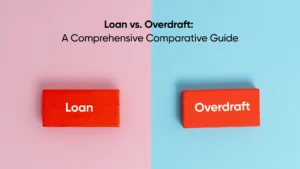


Search by posts
Categories
- Blog (5)
- Credit History (36)
- Credit Line (7)
- Festive (4)
- Finance (15)
- Mutual Fund (18)
- Personal Loan (266)
- Tax (8)
- Zype (4)
